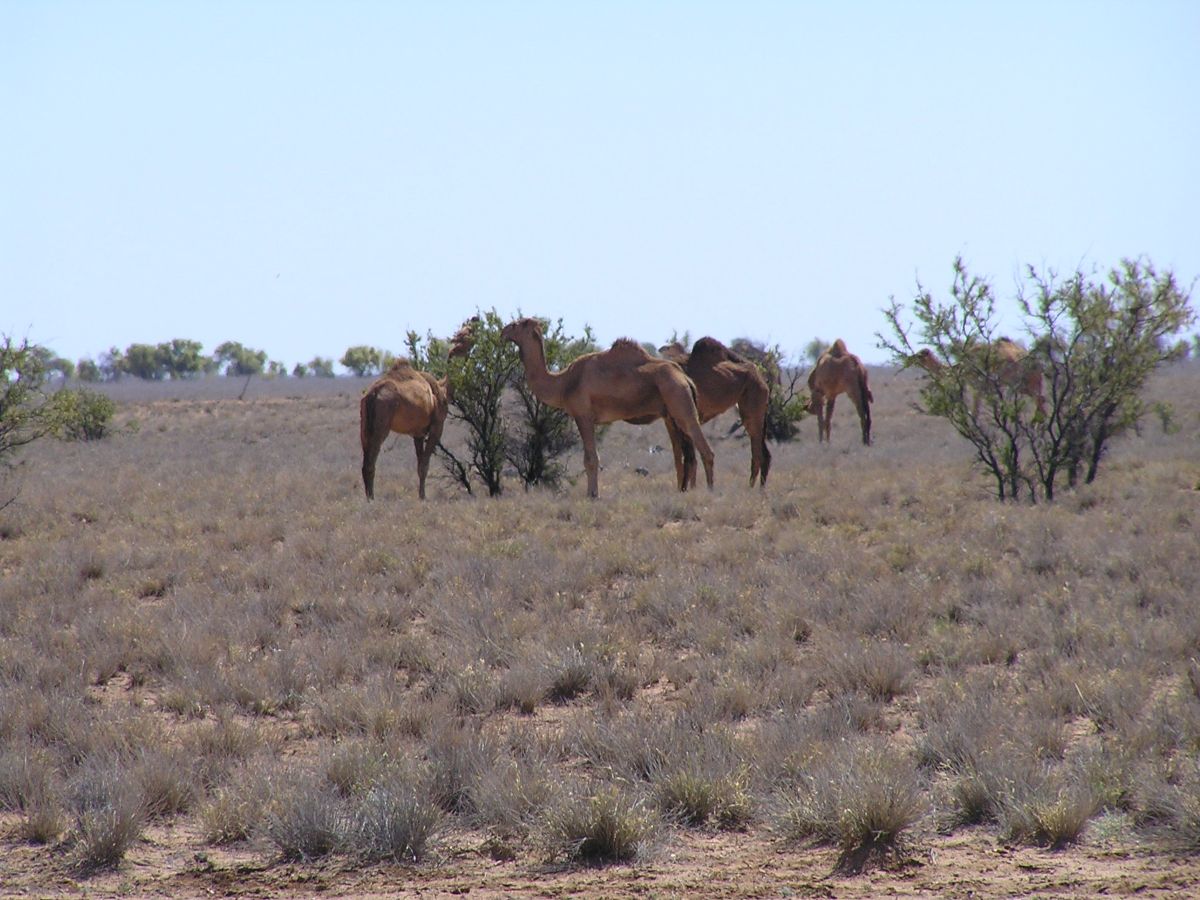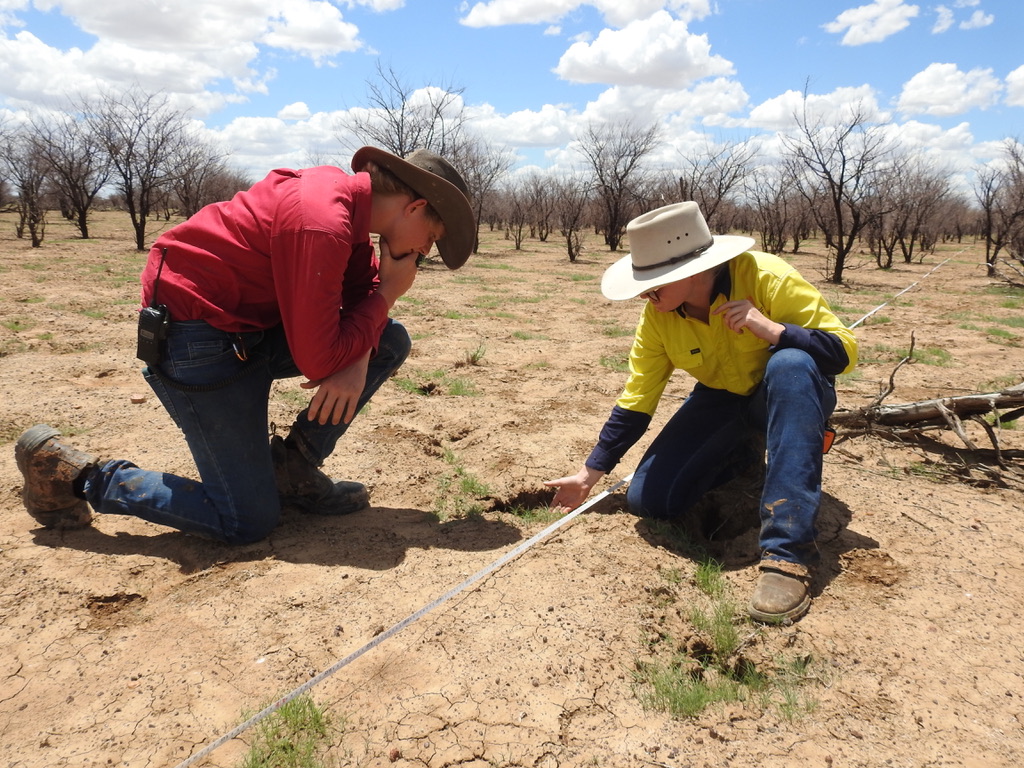Camels prefer Prickly Acacia – but what’s the overall trend?
Monitoring has now recommenced on DCQ’s camel herd near Winton, now that it’s drying out a bit – with data due to be finalised in April!
The camels still have tags tracking their movement and the location “heat map” shows how they favour certain areas of a paddock over others.
An interesting insight from the end of last year’s monitoring showed that while the camels clearly favour Prickly Acacia trees, shrubs and broad-leafed forbes instead of grass, we’ve noticed that as this resource declines towards the end of the dry season, they’ve begun to compete with cattle for Mitchell grass.
This makes forage budgeting even more essential, and shows that camels are actually pretty smart.
Once the prickle bushes get very thick, we’ve noticed camels begin to move to areas with lower density.
This gives us further insights about the kinds of scenarios (e.g. somewhat sparse infestations) where camels would be most effective at controlling Prickly Acacia.
Once compiled, we aim to provide a much clearer understanding to landholders of how camels can be efficiently integrated into properties to help manage Prickly Acacia and compliment chemical control.
UPDATE: These results have been posted here.


